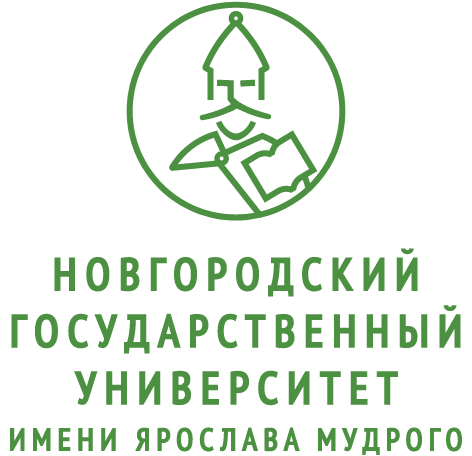От главного редактора
Аннотация
Дорогие коллеги, авторы и читатели!
Перед вами очередной, надеюсь, традиционный неологический номер журнала. Его тема задана в предыдущем номере – информацией о ежегодной конференции «Неология. Неография – 2024», которую проводят в Институте лингвистических исследований РАН в Петербурге. В этом номере (начнем с конца) публикуется рецензия на сборник статей, подготовленный участниками конференции по ее итогам; рецензия подготовлена доктором филологических наук из Красноярка Еленой Валерьевной Осетровой, представляя взгляд со стороны. Так что наш журнал максимально полно информирует о конференции, на которой обсуждается актуальное состояние русского языка и в которой заинтересовано лингвистическое сообщество.
Публикуемые в этом номере журнала статьи представляют проблемы неологии в двух аспектах – лексическом и грамматическом.
Рубрику «Новое в лексике» составляют статьи профессиональных неологов – сотрудников Института лингвистических исследований. Сюжеты статей – классика неологии. В статье Натальи Витальевны Козловской и Алины Павловой «“Они опора институций”: скуф как лингвокультурный типаж и ключевое слово текущего момента» рассматривается действительно новое слово, не имеющее прецедентов, хотя уже освоившее деривационные механизмы русской грамматики. А Екатерина Парышева предлагает наблюдения над словом, как будто бы знакомым и не таким уже популярным, но обнаружившим новое значение. Таким образом, эта рубрика представляет факты обновления лексики и в плане появления новых слов, и в плане обогащения значений функционирующих.
Рубрика «Грамматические аспекты неологии», которую составили три статьи, предъявляют довольно разные факты, объединяемые тем, что в них проявляется действие грамматики, не стоящей в стороне от процессов обновления лексики. В статье Татьяны Ивановны Стексовой из Новосибирска показано, как потребности лексики преодолевают межуровневые границы, и целые предложения, которым согласно традиционным представлениям не свойственно быть номинативными единицами, становятся таковыми. В статье Надежды Ильиничны Коноваловой из Екатеринбурга обсуждаются факты противоположного свойства – как морфоподобные сегменты, а точнее – префиксоиды, приобретают статус слова. В своей статье мне хотелось бы показать, что наблюдения над вдруг ставшими популярными наречными конструкциями выводят на фундаментальную проблему аналитизма в русском языке, которая, как кажется, рассматривалась в плане обновления лексикона. Таким образом, в рубрике представлены три грамматических явления, которые потребности пополнения лексики включают в неологические техники.
Итак, предлагаемый вашему вниманию номер объединяет университетских и академических лингвистов Великого Новгорода, Петербурга, Екатеринбурга, Новосибирска и Красноярска, расширяя его географию: помимо Северо-Запада России она включает Урал и Сибирь.
Сердечно благодарю всех авторов номера и его рецензентов – докторов филологических наук Викторию Генриховну Дидковскую из Великого Новгорода, Валерия Анатольевича Ефремова из Петербурга, Татьяну Ивановну Стексову из Новосибирска.
До новых встреч на электронных страницах нашего журнала!
Т. В. Шмелева
Скачивания
Загрузки
Опубликован
Как цитировать
Выпуск
Раздел
Лицензия
Copyright (c) 2025 Verba

Это произведение доступно по лицензии Creative Commons «Attribution-NonCommercial» («Атрибуция — Некоммерческое использование») 4.0 Всемирная.








